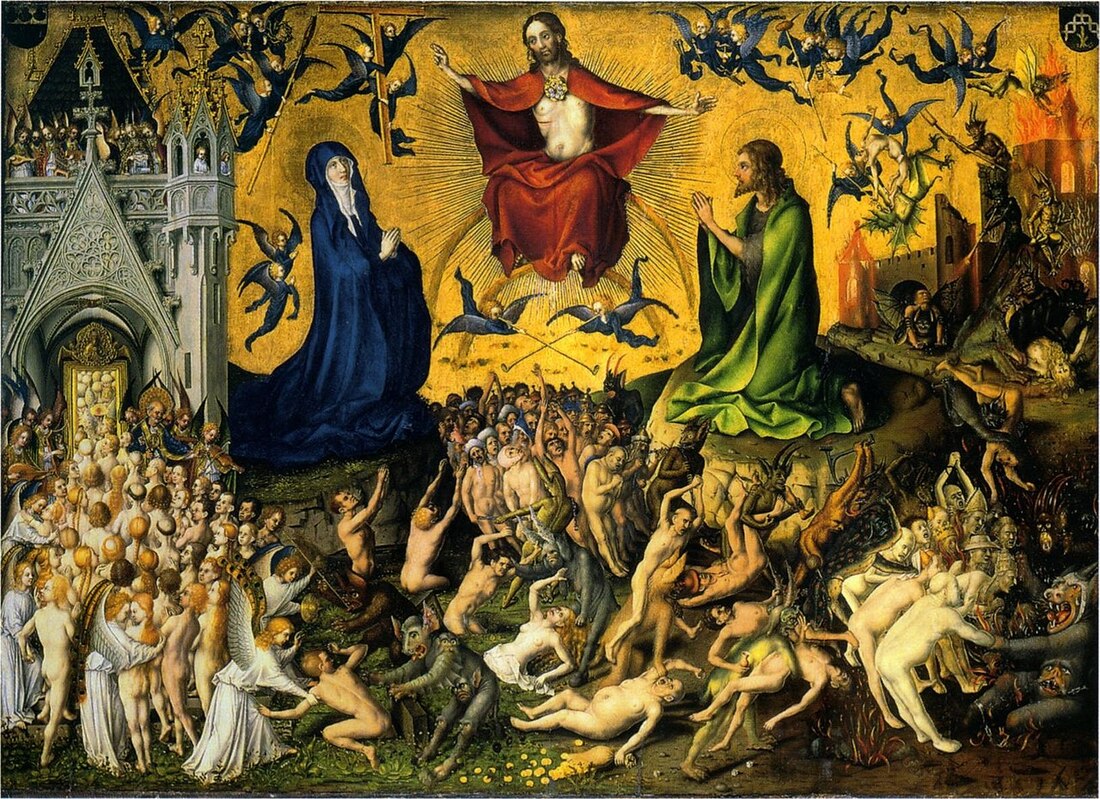|
In the Gospels, we see Jesus foretell the destruction of Jerusalem. But he doesn’t speak of it as a seer or a soothsayer, speaking of merely a future event which is to come. He speaks as one who knows not only that it will occur, but also the reason for it. That reason does not lie in geopolitical or natural causes. Rather, he calls it punishment for an unfaithful nation. “When you see Jerusalem surrounded by armies, then know that its desolation has come near. Then those in Judea must flee to the mountains, and those inside the city must leave it, and those out in the country must not enter it; for these are days of vengeance, as a fulfillment of all that is written. Woe to those who are pregnant and to those who are nursing infants in those days! For there will be great distress on the earth and wrath against this people; they will fall by the edge of the sword and be taken away as captives among all nations; and Jerusalem will be trampled on by the Gentiles, until the times of the Gentiles are fulfilled.” -Luke 21:20-24 It seems curious that the fate of all other nations rests on a myriad of factors. Their prosperity or demise depends on their economic and diplomatic statuses, their religious institutions, the strength and stability of their social institutions, and many others. But for Israel, the chosen nation of God, their destiny hinges on one thing alone: faith. If they remain faithful, God will be with them to the end. If they abandon God, His wrath will fall upon them.
Guardini looks at this peculiarity by looking at the nature of this nation’s religion. While all other nations can trace a religious “evolution” of sorts, the development of characteristics and beliefs as influenced by social and cultural characteristics both in that nation and from the nations around it, Israel stands apart. If Israel’s religion had developed in this way, we would expect their religion to look much like the religions of the Babylonians, the Persians, the Egyptians, even the Greeks. But with Israel, we see instead the religion appearing suddenly, given to Abraham and Moses. God summons these people, and gives them the truth: there is one God, and here is how to be faithful to Him. From that proceeds what Guardini calls an “endless tug-of-war between the religious characteristics of this people (or of those who have influenced it) on the one side, and God and his truth and his law and his guidance on the other.” We see this tug-of-war play out in the Old Testament. They continually fail to remain faithful, and are punished for it. God even sends the prophets to correct them, and the prophets are chastised and rejected. Now we see Jesus speaking of that same battle, this time in Israel’s rejection of the Messiah, and its ultimate outcome: the Holy City will fall for its unfaithfulness. But make no mistake here, Jesus is not merely speaking about the fall of Jerusalem. “Behind the downfall of the Holy City looms a catastrophe of quite different dimensions: the downfall of the world.” Israel will face judgment for its rejection of Jesus, yes, but the entire world will face that same judgment for its unfaithfulness. Guardini compares it to Sodom and Gomorrah, in which the measure of God’s patience with man’s sin will reach its breaking point, and the world will be destroyed, though this time in order to be remade into the New Creation. To some ears, that perhaps sounds preposterous (certainly to the scientific mind). To the non-believing heart, it even sounds offensive. But the Christian recognizes and believes that all that is only is because it was Created and God wills it to be, and only for as long as He wills. To put it in callous terms, the world is His property, and His to do with as He pleases. “[The end of the world] will come; and not of itself, but of God. To accept this and to live accordingly, that is faith.” The thing to be learned from Christ’s warning here is that judgment looms over all of Creation. We are not merely biological or historical entities which are invulnerable to this philosophical mystery we call “God.” Faith matters. Everything has its cause and effect. The effect of unfaithfulness is judgment, and one day the “measure” will be full and judgment will arrive for the whole world. It is accepting this reality that will help us to truly understand what it means to be a believer.
1 Comment
|
Series Info
Every day of Lent, I am writing a reflection piece on two chapters of "The Lord" by Romano Guardini. If you'd like to read or follow along, you can find the full calendar of where we're at below, or Click Here for the main landing page. Archives
April 2020
Categories
All
|

 RSS Feed
RSS Feed